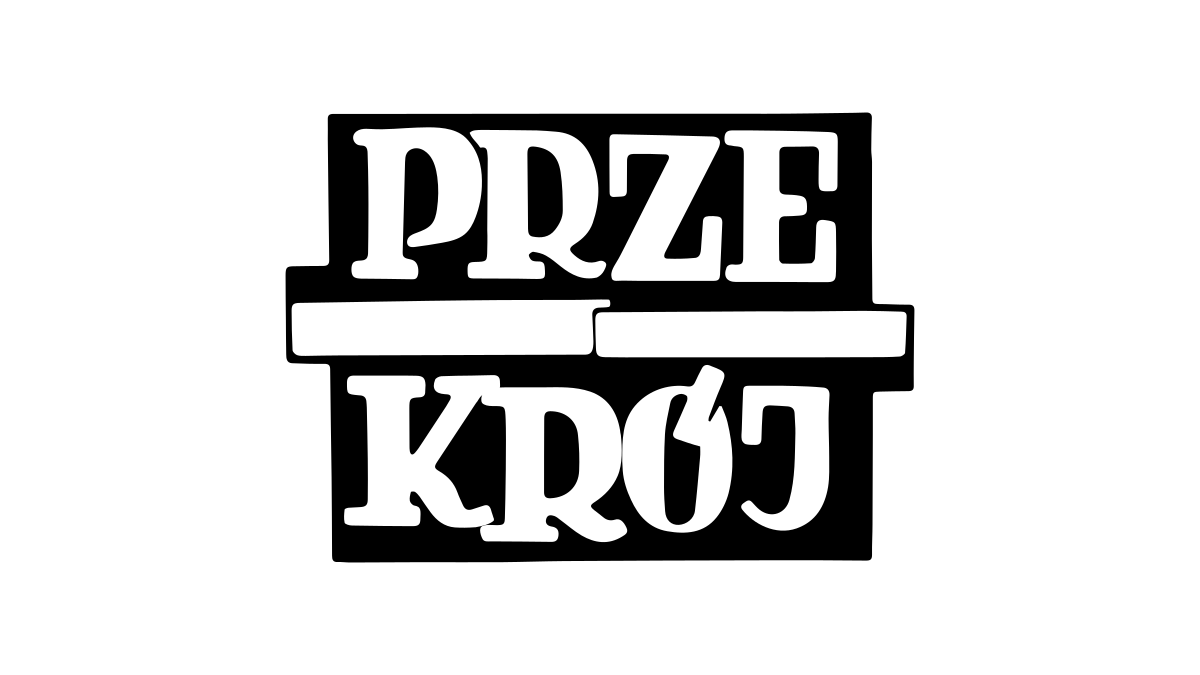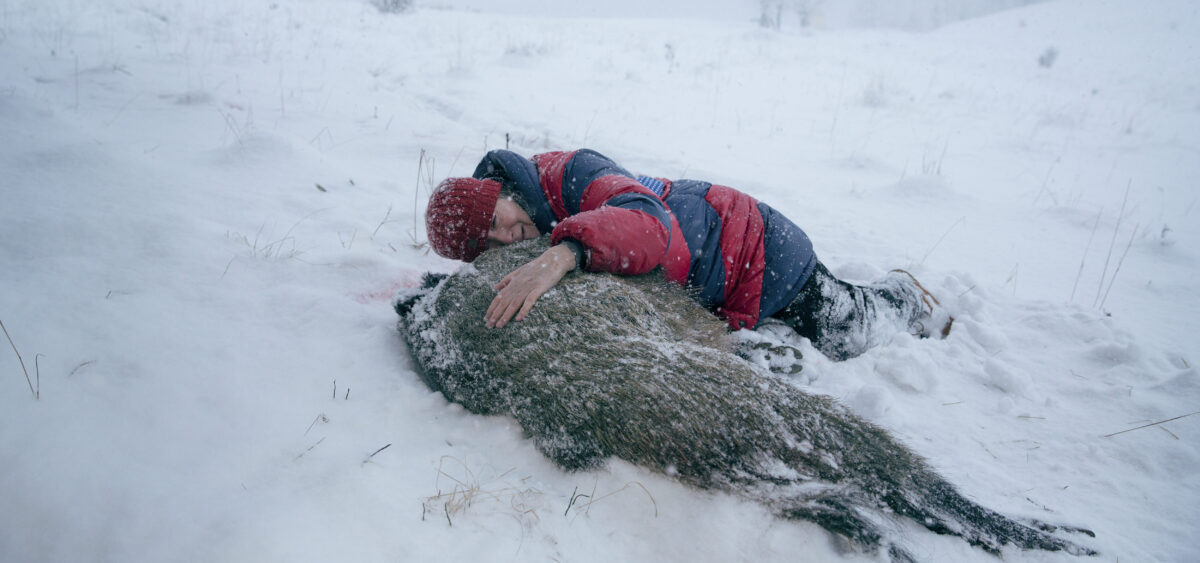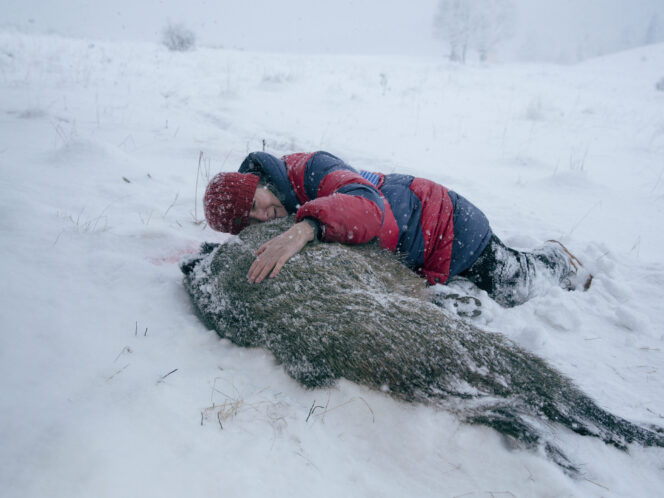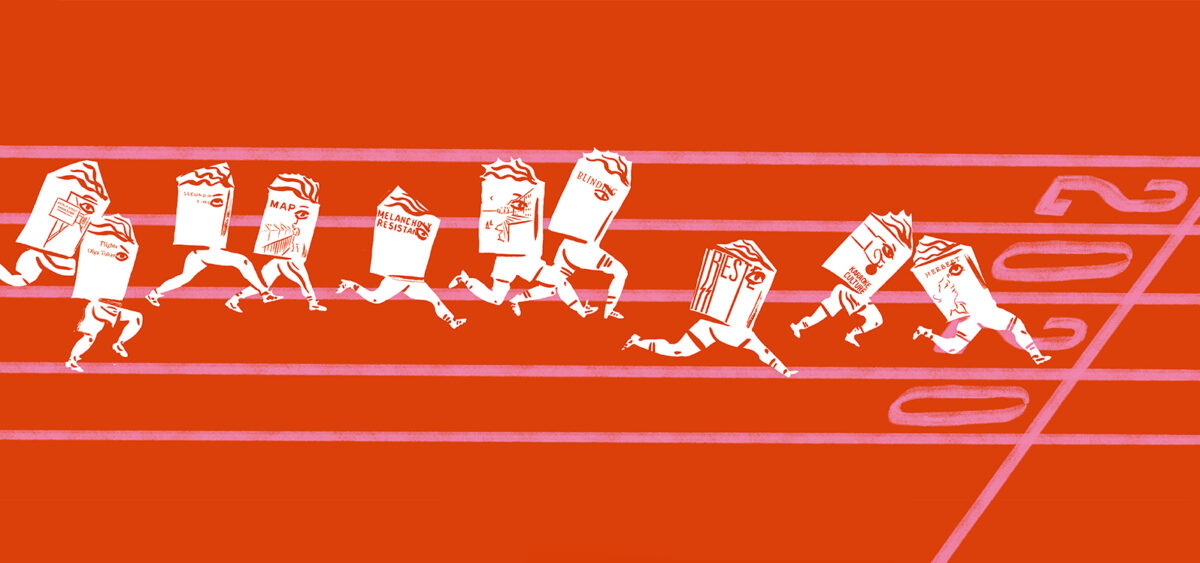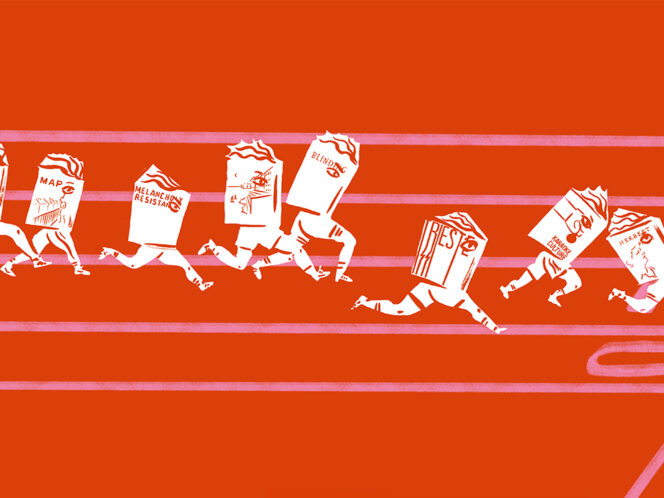
I worked as an English teacher in Warsaw for a number of years. I taught in rooms where my shabby shoes and corduroys raised eyebrows. I taught managers, CEOs at the top of glass-age monoliths, in glistening boardrooms suspended high above the city. On smoggy days at such a height, the world beyond the window was invisible.
In one such boardroom, a certain manager had come back from a recent vacation. He showed me his phone, scrolling through photos of men in camo jackets clutching rifles, wide-grinned and triumphant. In each picture the men stood astride the limp carcass of a wild boar, its fur flecked with dark blood. I was treated to a close-up, too. Though I cringed internally, I said nothing. Though I hadn’t thought of those images for a long time since, they came back to me incessantly as I read Olga Tokarczuk’s Drive Your Plow Over the Bones of the Dead, origina
